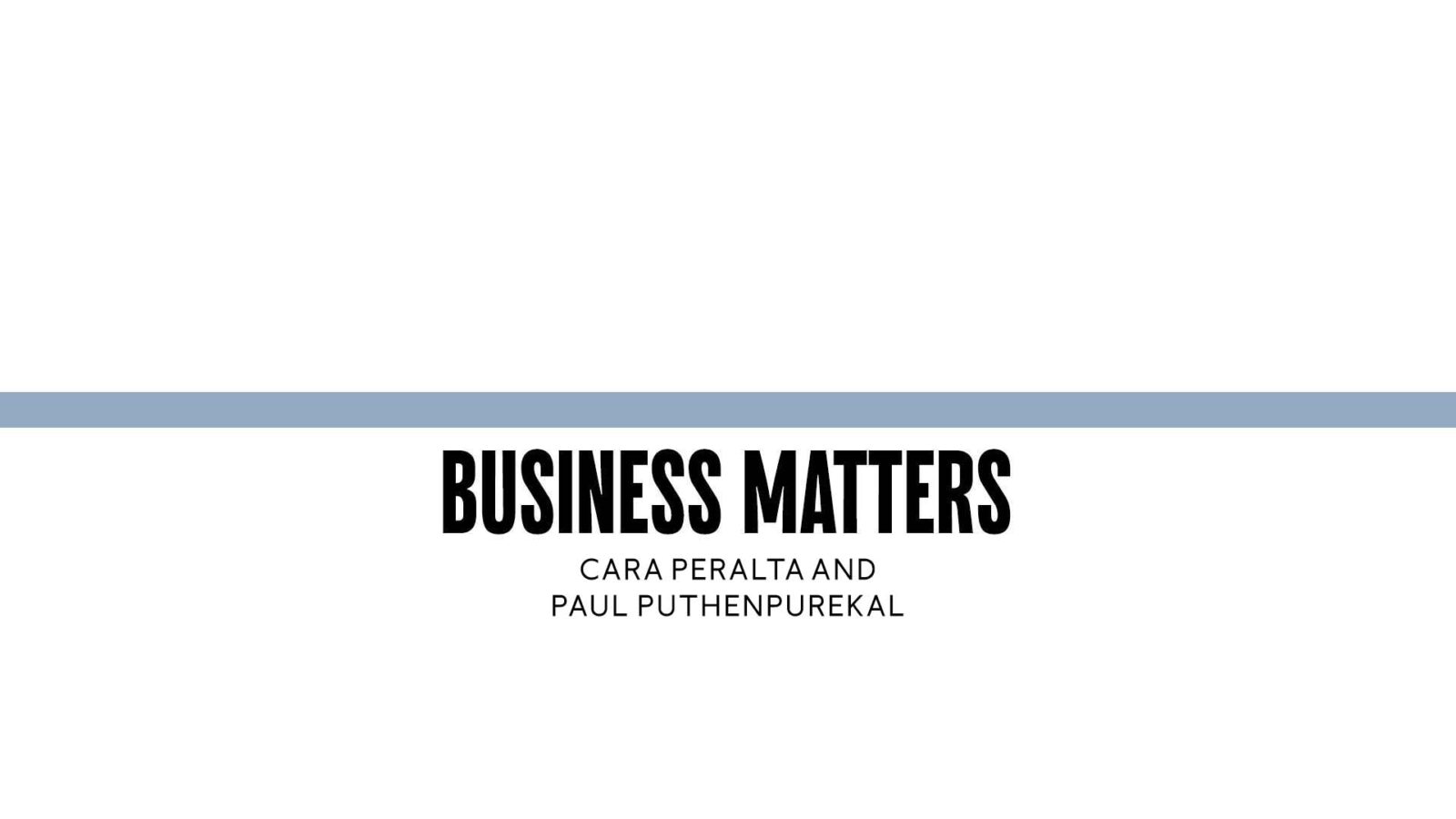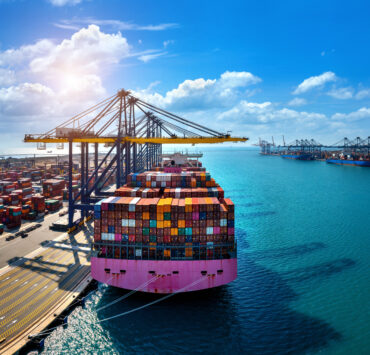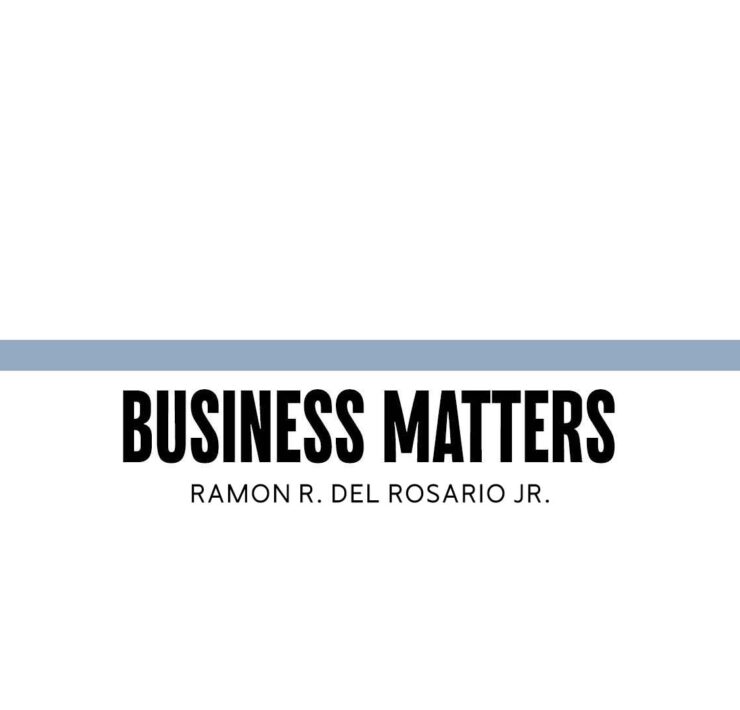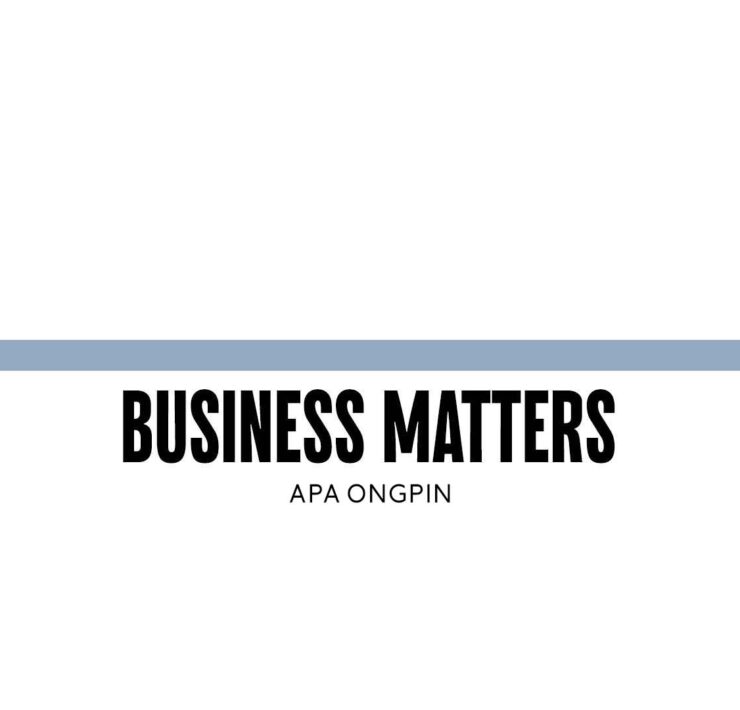Philippines not yet ready for WTE

Recent flooding in Metro Manila and nearby provinces has once again brought to light a challenge we often overlook: the waste that resurfaces with every storm. It’s an uncomfortable but necessary reminder of the need for more sustainable waste management practices. While the government focuses on fixing drainage systems and elevating roads, there is a growing discussion about advanced solutions like waste-to-energy (WTE) technology. Before we get excited about this innovation, we must first objectively assess whether the Philippines is ready for such projects.
WTE technology certainly sounds promising on paper. Today we have technology to convert waste to various waste streams, including refuse-derived fuel, liquid fuels (methanol, SAF), and also gases such as hydrogen. These conversion concepts simultaneously address two issues: solid waste and energy security.
Unfortunately, making WTE projects a reality is not that simple.
Implementation hurdles. While the Philippines was among the first Asian countries to establish comprehensive waste management frameworks through the National Ecological Solid Waste Management Act of 2000 (Republic Act No. 9003), it has not yet unlocked the full benefits of the law.
Local government units consistently cite financial constraints as the primary obstacle to building even basic waste management infrastructure. If cities and municipalities cannot afford fundamental waste collection and segregation systems, how can they be expected to invest in sophisticated WTE facilities that require exponentially higher capital investments?
This reality creates a vicious cycle: inadequate waste management programs result in flooding, which then leads to diseases and environmental degradation, which then requires additional funds to address—funds that could have been invested in proper waste management infrastructure in the first place.
Complex regulations also hamper the effective implementation of waste management programs. There are overlaps in the jurisdictions of the Department of Environment and Natural Resources, the Department of Energy, and other regulatory bodies. The lack of clearly defined roles and responsibilities has created a regulatory maze that may discourage basic waste management investments.
If the regulatory environment is already this complicated for simpler projects, how much more for WTE projects, which require broader coordination across agencies and regulatory frameworks?
The economic requirements for effective WTE implementation are also currently too high for the Philippines. International experience shows that successful waste management systems need long-term public-private partnerships supported by government guarantees and dedicated waste management budgets—resources that are insufficient in the current Philippine context.
Consider the waste disposal cost differences: in developed countries, costs range from $50-$100 per ton of mixed solid waste, while Thailand implements tipping fees of around $30 per ton. The Philippines currently operates with only $10-$15 per ton. This massive gap indicates that our waste management sector is undervalued and underfunded—not exactly the foundation needed for WTE systems.
Missing prerequisites. WTE facilities require efficient material recovery facilities (MRFs) as their foundation. These facilities need significant upfront investment in sorting, segregation, and processing equipment. Yet most Philippine cities and municipalities lack even basic MRFs, let alone the sophisticated facilities required to support WTE operations.
The country’s limited experience with advanced waste management technologies also makes WTE implementation particularly risky. We still lack the technical expertise to evaluate WTE technologies, implement proper monitoring systems, or ensure safe operations. Introducing complex technology without a foundation is like trying to build skyscrapers on quicksand.
This does not mean that WTE has no place in the Philippines’ future. Yet, positioning it as a near-term solution ignores the fundamental challenges that must be addressed first. The focus should be on creating the conditions where advanced waste management technologies can eventually succeed, rather than rushing into implementations that are likely to fail due to inadequate preparation.
The country’s waste management sector needs to walk before it can run. Only by honestly acknowledging our current limitations and focusing on building proper fundamentals can we eventually create an environment where advanced technologies like WTE might have a realistic chance of success.
Until then, promoting WTE as a solution may distract from the unglamorous but essential work of building basic waste management capacity—work that remains our most urgent priority.
—————-
Cara Peralta leads Prime Infra’s waste sector, shaping the strategic direction of Prime Integrated Waste Solutions, Inc. She is supported by Paul Puthenpurekal, Prime Infra’s technical director for waste conversion processes and technologies.
—————-
Business Matters is a project of the Makati Business Club (makatibusinessclub@mbc.com.ph).





















West Philippine Sea: Naming and necessity